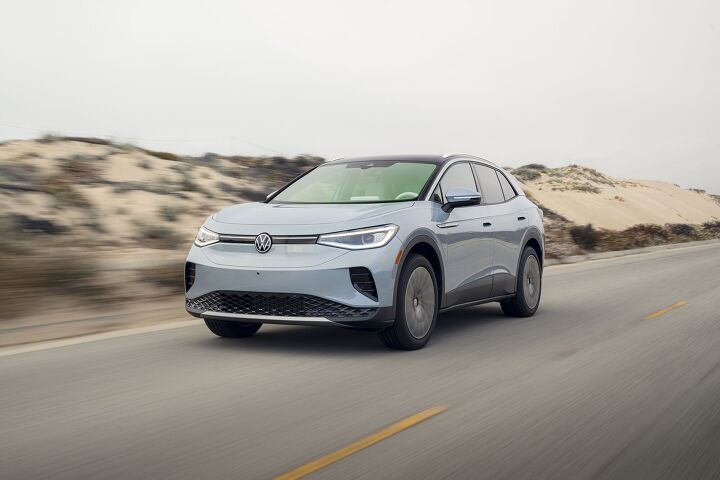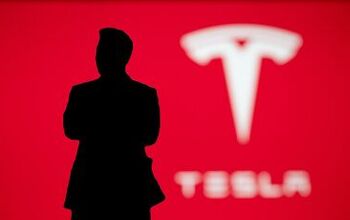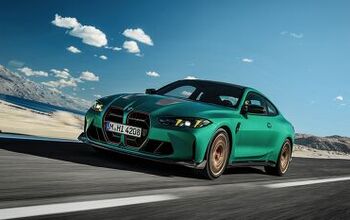This Volkswagen EV Now Comes with Full Tax Credit Benefits
Volkswagen has recently announced that their MY23 and the upcoming MY24 models of the ID.4, equipped with SK On battery components, will be eligible for the full $7,500 Federal Tax Credit. This development makes these models of the ID.4, which start at a base MSRP of $38,995 before the tax credit, a more budget-friendly option in the electric SUV segment. However, it's important to note that the eligibility of MY24 ID.4 models is conditional on future battery production and may be subject to change.
Unique Position of Volkswagen in the EV Industry
Volkswagen stands out as the only foreign car manufacturer currently offering a full battery electric vehicle in the U.S. that qualifies for the full Federal Tax credit. This achievement is largely due to the local assembly and sourcing practices of the company. Beginning in 2024, eligible customers will have the option to apply the tax credit directly at the point of sale as a down payment by transferring the credit to participating dealers.
Sales Performance and Impact of the ID.4
The ID.4 has established itself as a preferred choice in the EV market, attracting new customers to both the Volkswagen brand and to electric mobility. In 2023, it ranked as the fifth best-selling EV in the United States, with a sales increase of 84 percent compared to 2022. Pablo Di Si, President and CEO of Volkswagen Group of America, emphasized the affordability of the ID.4 and how the tax credit enhances its accessibility. He also highlighted Volkswagen's commitment to localizing assembly in Tennessee and investing in battery production, component manufacturing, and innovation.
Specifications of the 2023 Volkswagen ID.4
The 2023 ID.4 is available for sale with two battery sizes and two powertrains. The Standard model features a 62kWh battery with an EPA-estimated range of 209 miles, while the ID.4 Pro has an 82 kWh battery, offering an EPA-estimated range of 275 miles. The ID.4 AWD Pro models boast up to 295 horsepower and an all-wheel-drive capability, with an EPA-estimated range of 255 miles.
Final Considerations
It's important for potential buyers to understand that not all vehicles or customers will qualify for the tax credit. Only specific models with certain battery components are eligible. Additionally, the tax credit is only applicable on the original purchase of a qualifying vehicle and cannot be used for leasing. Customers are encouraged to consult a tax advisor for eligibility based on their individual tax situation. The tax credit program is subject to limitations and changes that are beyond Volkswagen's control.
This article was co-written using AI and was then heavily edited and optimized by our editorial team.
More by TTAC Staff
Latest Car Reviews
Read moreLatest Product Reviews
Read moreRecent Comments
- Jeff My question to you Matt are CAFE standards basically going to still give an advantage to vehicles with a larger footprint and profile. My fear is that trucks will continue to get larger and more expensive and that the few smaller trucks offered to those of us who really want smaller trucks and don't need or want larger trucks will completely disappear from the market. Will the current midsize trucks eventually end up the size of the current full size pickups? I currently have a hybrid Maverick and don't want a larger profile truck. It seems that smaller vehicles that are more efficient should be encouraged but I realize that CAFE standards and manufacturers don't want these vehicles.
- Noe65795977 If asking price was 50% lower , would be with considering ..
- SCE to AUX The market always has a say.
- VoGhost "While we could argue all day about whether or not EVs are actually cleaner or more ethical,..." Yes, we can also argue over whether gravity exists or if chickens have feathers. But when something is established fact, there's really no reason to waste time on the obvious.
- MaintenanceCosts These latest standards can be met with relatively minimal EV adoption by hybridizing nearly all ICE cars. Regardless of what you think of BEVs, hybridizing ICEs (except in small specialty segments) is something that should happen as soon as possible. They are quite a bit more efficient for no significant downside.If we hybridized all the full-size pickups and truck-based SUVs alone it would be a massive reduction in fossil fuel usage.


































Comments
Join the conversation